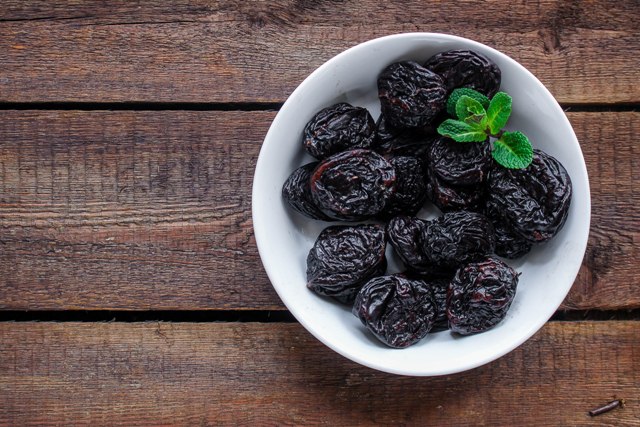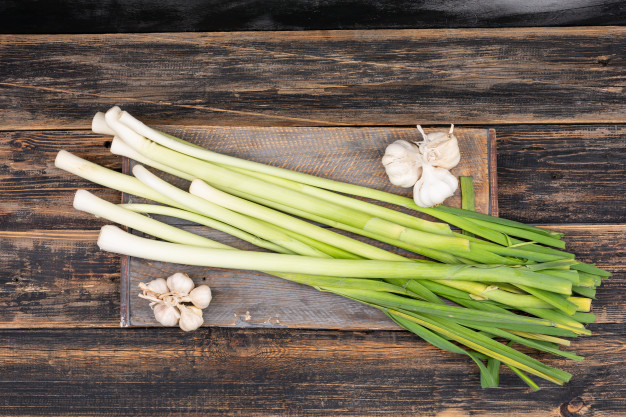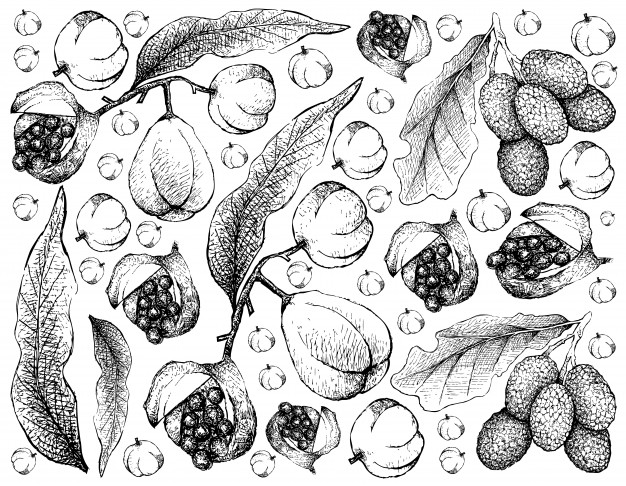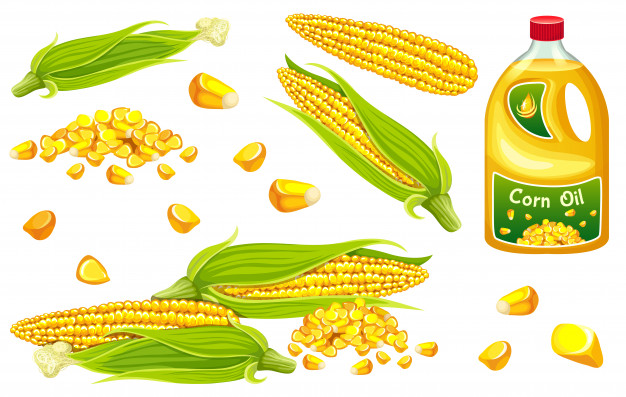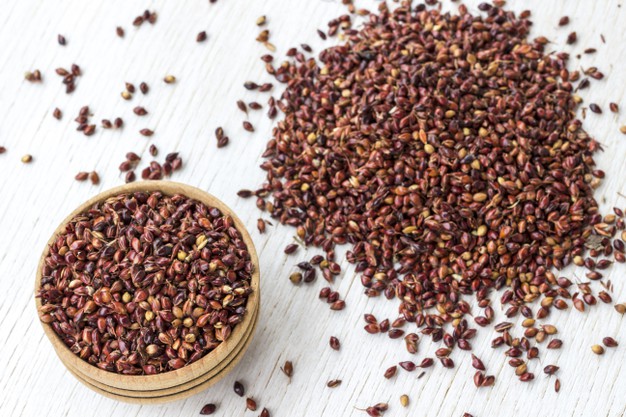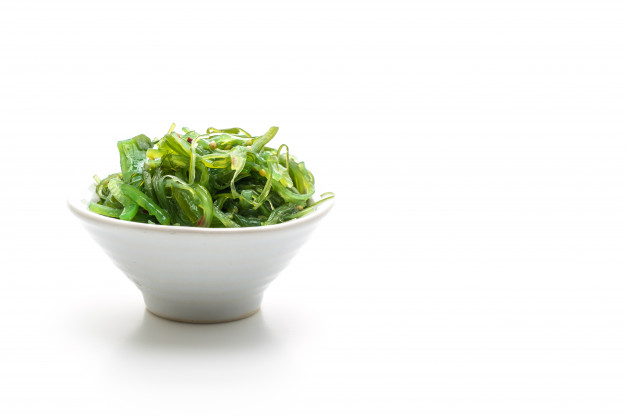Dehydrated plums are generally known as prunes, which have been used for centuries for various medicinal purposes.
Characteristics
- It is reddish brown in colour
- It has a savory-sweet flavor
- It has a chewy texture
Nutritional profile
- It contains healthy carbohydrates and contains natural sugar
- It contains fibre as well
- It contains lesser amount of proteins too
- It is packed with various imperative micronutrients like Vitamin A, Vitamin C, Vitamin K, Vitamin B1, B2, B3, B6, sodium, potassium, calcium, iron, copper and manganese
- It is also loaded with numerous phytonutrients that exhibit several nutraceutical activities
Biological activity
Antioxidant activity
- It contains various important plant components like neochlorogenic acid, chlorogenic acid, caffeoylquinic acids that exert potent antioxidant activities. Whereas its micronutrient contents are also exhibiting antioxidant activities
- It helps to protect the body from the detrimental effects of free radicals and reactive oxygen species, which ultimately help to reduce oxidative stress and lower the risk of developing chronic diseases
- It helps to prevent cellular damages as well thus helps in promoting overall wellbeing
Anti-inflammatory activity
- It exerts anti-inflammatory activity, which is related with decreasing the concentration of inflammatory mediators in body that delay the onset of inflammatory events and decreases the risk of developing chronic inflammatory disorders
- It helps to prevent joint swelling as well thus its consumption is thought be very effective for improving the symptoms of arthritis
- It has seen that consumption of prunes is extremely helpful for decreasing the prevalence of osteoporosis especially among postmenopausal women

Anti-carcinogenic activity
- It plays significant role in decreasing the risk of developing carcinoma as it has anti-carcinogenic activity
- It is very effective for decreasing the prevalence of colon cancers
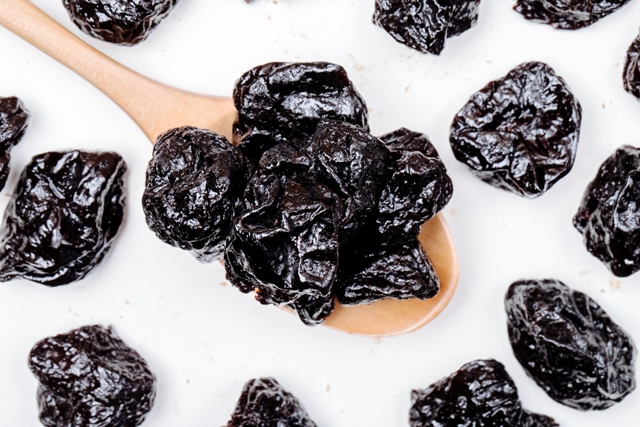
Health benefits
Role on digestive health
- Consumption of prune is very beneficial for improving digestive health
- It not only improves digestion but also decreases the risk of developing various other digestive disorders by protecting the digestive tract from oxidative and inflammatory damages
- It is rich in fibre thus its consumption is thought to be very effective for improving the symptoms of constipation as fibre helps in easy defecation by making the stool soft and bulky
- It contains sorbitol as well that also exert laxative effects and helps to prevent constipation as well as hemorrhoids
- Its fibre content is also associated with improving colonic health by enhancing peristalsis, which ultimately lowers the risk of developing colonic disorders like diverticular diseases, inflammation of colon etc
- It is loaded with pectin a soluble fibre that plays vital role in improving overall gut health

Role on weight management
- Consumption of prune plays imperative role in maintaining ideal body weight
- Basically it helps in decreasing the risk of gaining weight. Fibre present in prune is responsible for delaying stomach emptying as a result it helps to provide a feeling of fullness hence decreases appetite and over food consumption, which helps to maintain proper energy balance
- It can easily fulfill hunger with very few calories that facilitates weight reduction too
- It helps in decreasing total body fat percentage as well that helps to prevent visceral obesity
- Individual who are on weight reducing program should include prune in their diet
Role on skeletal health
- Consumption of prune is very effective for improving overall skeletal health as it contains significant amount of calcium, an important trace element, which is essentially required for healthy bone formation
- It helps in bone mineralization thus increases bone mineral density, which ultimately prevents thinning of bones as a result lowers this risk of bone fractures
- It helps to improve bone mass as well as strength, which help to make the bone relatively stronger

Role on muscle
- Prune contain an important trace element named boron that plays imperative role in promoting muscle health
- It helps to stimulate the synthesis of muscle and enhancers muscle mass as well as strength
- It is also very effective for protecting muscle from damages and also helps to heal muscle injuries
- It helps in improving muscle coordination that ultimately helps in movements
Role on vision
- Prune contains desirable amount of Vitamin A thus its consumption is believed to be very much helpful for improving overall eye health
- It helps to protect the retina from oxidative damages
- It is also associated with maintaining clear cornea, which ultimately improves vision
- It is very effective for decreasing the prevalence of macular degeneration, dry eye and cataract
Role on skin
- Consumption of prune is extremely beneficial for making the skin healthy, youthful and supple
- It contains various micronutrients that provide proper nourishment to the skin and also improves skin glow
- Its antioxidant activity is closely related with preventing ageing
Role on hair
- It helps in improving overall hair health
- It contains desirable amount of iron, which is associated with enhancing circulation to the scalp and promotes hair growth
- It helps to improve hair strength as well
- It also helps to prevent hair loss

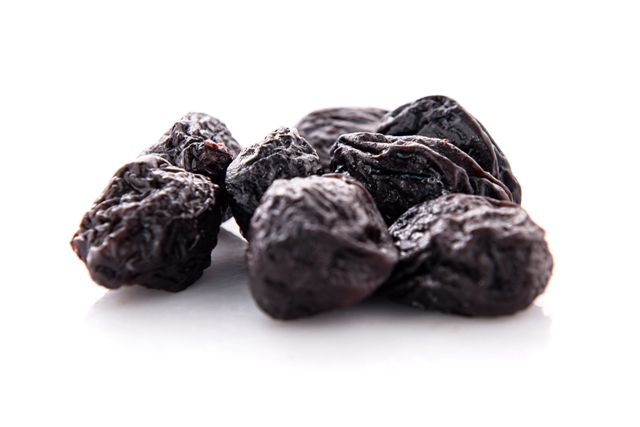
Therapeutic uses
It has been widely used for various therapeutic purposes –
- It helps to keep the cholesterol level at check thus its consumption is thought to be very effective for lowering the prevalence of hypercholesterolemia
- It is closely associated with decreasing the level of LDL, VLDL and triglyceride whereas it helps to increase the concentration of HDL and also helps in maintaining a healthy ratio of LDL and HDL thus it should be included in the diet for improving lipid profile
- Reduction in LDL level and increase in HDL level also provide a positive impact on cardiac health. It helps to decrease the prevalence of atherosclerosis by preventing fat deposition within blood vessels thus lowers the risk of plaque formation hence prevents coronary artery disease. It helps to protect the heart from oxidative and inflammatory damages as well thus decreases the prevalence of cardiovascular diseases
- Its consumption is also linked with lowering the prevalence of strokes and heart attacks
- It contains desirable amount of potassium, which helps in preventing hypertension
- It helps to prevent insomnia too
- It is also related with reducing the prevalence of anemia
- Its consumption is also very effective for improving the symptoms of emphysema and COPD (chronic obstructive pulmonary disease) and all the credit goes to its polyphenol component
- Its soluble fibre content is responsible for reducing the risk of developing hyperglycemia too

Culinary uses
- It can be consumed alone as snack
- It can be added to oatmeal as well and can be enjoyed at breakfast
- It can be easily added with nuts for preparing healthy trail mix
- It can be added to savory stew as well
- It can be used for preparing smoothie
- It can also be used for baking purposes
- It can be used for preparing jam and butter
General consideration of using prune
- It should be preserved well for decreasing the risk of spoilage
- It is better to kept it in an air tight container and it should be refrigerated
Risk factors
Though it has various health benefits but it should not be consumed in higher amount as it’s over consumption may cause digestive disorders and allergic reactions.
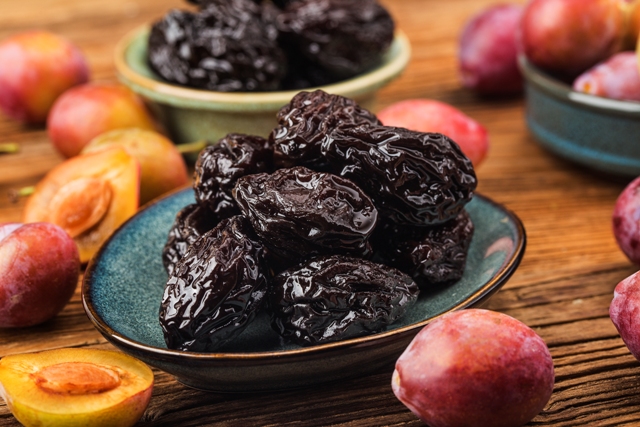
Source:
Ahmed, T., Sadia, H., Batool, S., Janjua, A. and Shuja, F., 2010. Use of prunes as a control of hypertension. Journal of Ayub Medical College Abbottabad, 22(1), pp.28-31.
Cordova, F.M. and Watson, R.R., 2010. 11 Prunes and Plums in Health Promotion. Bioactive Foods and Extracts, p.205.
Feeney, M.J. and Clemens, R., 2017. Prunes: No Longer a Laughing Matter.
Lever, E., Scott, S.M., Louis, P., Emery, P.W. and Whelan, K., 2019. The effect of prunes on stool output, gut transit time and gastrointestinal microbiota: A randomised controlled trial. Clinical Nutrition, 38(1), pp.165-173.
Siddiq, M., 2006. Plums and prunes. Handbook of fruits and fruit processing, p.553.
Ullah, H., De Filippis, A., Khan, H., Xiao, J. and Daglia, M., 2020. An overview of the health benefits of Prunus species with special reference to metabolic syndrome risk factors. Food and chemical toxicology, 144, p.111574.
